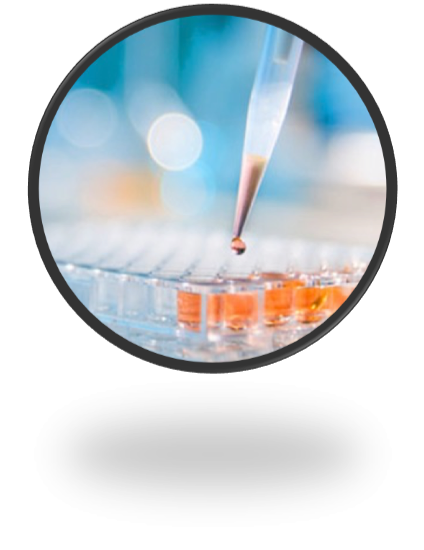How Space Tech Fights 'bad' cholesterol
From Space Food to Heart Health: How Astronaut Research is Lowering Cholesterol
What began as an innovative way for astronauts to grow their own food in space is now showing promise for improving heart health on Earth. Space research has identified a bacterium capable of reducing cholesterol levels by half—a breakthrough with global potential.
While they may not seem like the most appetizing ingredient, bacteria are essential for space nutrition. They grow rapidly and provide key nutrients needed for long-duration missions to the Moon or Mars. As part of the search for the ideal space food, ESA’s MELiSSA project tested a bacterium codenamed Red for safety at the Dutch TNO research institute. The results were remarkable: not only was the bacterium safe and nutritious, but it also significantly reduced LDL cholesterol, the ‘bad’ cholesterol.
A Scientific Breakthrough for Global Health
High cholesterol is a major risk factor for heart disease and stroke, affecting 39% of the global population, according to the World Health Organization. Discovering new ways to control cholesterol levels could have a profound impact on public health.
With ESA’s support, SEMiLLA IPStar, the technology transfer partner of MELiSSA, founded EzCOL BV to further develop and commercialize this cholesterol-lowering bacterium. EzCOL continued its research under the ESA Business Incubation Centre in Noordwijk, receiving support to launch its business.
The technology has successfully passed a Phase IIa clinical trial in collaboration with the University of Maastricht. Now, the intellectual property has been transferred to Curador S.A., a Belgian production laboratory specializing in advanced galenic formulations for food and nutrition. Curador S.A. is dedicated to producing high-quality, innovative nutritional supplements with enhanced bioavailability to maximize their health benefits.
From Space Innovation to Everyday Health
What started as a solution for astronauts is now becoming a breakthrough for millions. Soon, this space-derived technology could help people worldwide lower their cholesterol naturally, whether as a medicine or a food supplement.
Space research is shaping the future of health on Earth and beyond.
